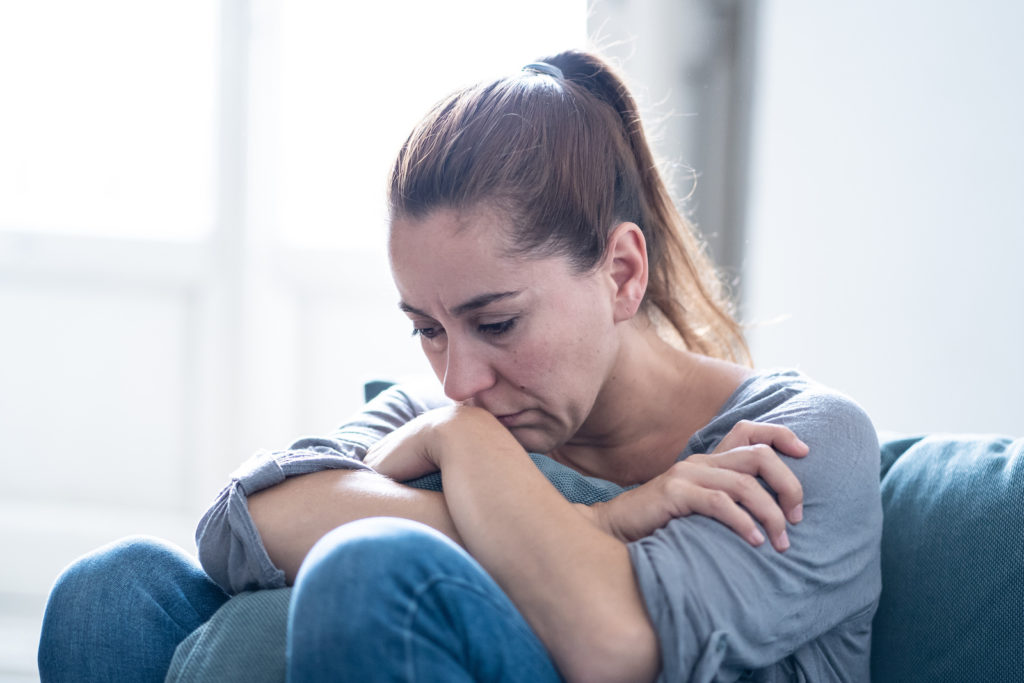The term “recreational drugs” refers to both illegal and legal drugs that are used for enjoyment rather than with medical supervision. Unfortunately, drug use can lead to health complications, addiction, and criminal activity. Even if the drug that is being used is legal, misuse of prescription medication can still lead to trouble.
If you or a loved one are addicted to drugs and need help getting clean, there are many ways to get through this difficult time. Speaking with a friend, family member, pastor, or teacher is a great place to start.
What are Recreational Drugs?
Recreational drugs include nicotine, alcohol, cocaine, acid, heroin, cannabis, and prescription medications. The dangers of these drugs are well known, but addiction still takes thousands of lives each year.
There are many reasons people give in to this dangerous game:
- They want to see what the side effects feel like
- Peer pressure
- They want to have new experiences and see life from different points of view
- Looking for a way to escape their problems
- They want to rebel against their parents or societal expectations
- They think that drugs will bring happiness

While it may seem like drugs would be fun and bring some excitement into your life, it may not be the kind of excitement you are looking for. Aside from the risk of addiction, there are numerous ways that drugs can negatively impact your life:
- Accidents – Because you have less control of yourself, all types of accidents are more likely when someone has been abusing drugs, from slip and falls to auto collisions.
- Cost – While you may start as a casual user, a regular drug habit can develop quickly and become expensive. Addiction often leads to theft because of the cost to keep up with the cravings.
- Infections – Diseases and infections are much easier to transfer when needles are involved. Human immunodeficiency virus (HIV), as well as specific varieties of hepatitis, are passed through needle sharing as well as injuries from needlesticks.
- Overdose – Overdoses can happen your first time doing drugs, or after years of use. Many people don’t survive.
Drugs can have both short and long-term effects on your mind, body, and life.
Most Common Recreational Drugs
Stimulants
- Cocaine – Cocaine is a commonly abused drug in all economic classes. It is most often seen in a white powder or oily white rocks, and is insufflated, or snorted. Users experience elevated heart rate, flushing, euphoria, occasional facial numbness, and increased energy. There is a more sinister version of cocaine called crack, which is cocaine that has been processed and is smoked, providing a short-lived but intense high for the user. Both are highly addictive.
- Amphetamines – Amphetamines are a group of drugs discovered in the late 1880s, and have common uses in treated attention deficit disorder, as performance enhancers, alertness aids, and even diet pills. They are frequently abused in their prescribed forms, with names like Adderall.
- Methamphetamine – Closely related to amphetamines, methamphetamines are faster acting and far more powerful versions. The most commonly abused version, crystal meth or simply “meth”, is a colorless and odorless glasslike substance that is crushed and either snorted, smoked, or injected. Meth has seen a recent surge in use, both in the club scene as well as in the rural US. The effects are incredibly long-lasting, and the withdrawals are extremely difficult and often painful.
Depressants
- Alcohol – Alcohol is one of the most widely abused drugs worldwide, and the effects it can have on individuals and families are devastating. This is also one of the most frequently overlooked substances that people can be addicted to since it often has so much mainstream appeal.
- Barbiturates & Benzodiazepines – These are often prescription pills or capsules that are swallowed, injected, or even snorted. They are powerful central nervous system depressants and can be very easy to become heavily addicted to.
- Sleep Medications – Medications like Ambien and Sonata are often abused recreationally, though they are less common than many other drugs.

Opiates & Painkillers
- Heroin – Heroin is one of the most common and one of the strongest opiate painkillers. It has enormous potential for abuse and can make a user an addict after only one use. The withdrawals can be painful and potentially deadly for long-time or heavy users.
- Prescription Painkillers – Pills like Oxycontin and Morphine are in this category and are nearly as addictive as heroin, but more expensive so less common.
Hallucinogens
- LSD – This potent hallucinogen is taken as tiny pieces of paper or gelatin that have been soaked in the “acid”. Users can experience vivid delusions and hallucinations.
- Mushrooms – These are certain species of mushrooms that are eaten or taken as a tea, that cause intense hallucinations.
- Marijuana – One of the most commonly abused drugs in the world, marijuana can act as a depressant, a stimulant, and even a hallucinogen, causing changes in perception and thought for users.
Side-Effects of Using Recreational Drugs
There are a variety of factors that impact how drugs will affect each person. Your health and body size combined with the dose of the drug determine what will happen. Because illegal drugs aren’t controlled, keep in mind that the quality and potency may vary.
Users of stimulants may experience issues with heart health, as well as cognitive issues. Those who abuse injected drugs are more likely to suffer from diseases related to dirty needles and infection damage. Users of hallucinogens may experience frequent breaks with reality.
How to Get Help if Addicted to Recreational Drugs
If you or someone close to you may be addicted to recreational drugs, there are a few things to remember. The first is that the user is not alone, there is help and support available. The second thing to keep in mind is that professional help may be needed, and there is no shame in that. By working with a local facility that offers Inpatient or outpatient treatment plans tailored to each patient, the chances of a successful recovery have never been better.
If you or a loved one is struggling in the devastating grips of addiction, the time to get help is now. Don’t let another precious moment slip you by. There is hope for a better, more fulfilling tomorrow. Reach out today and be on the path to recovery and a more satisfying life right now.

